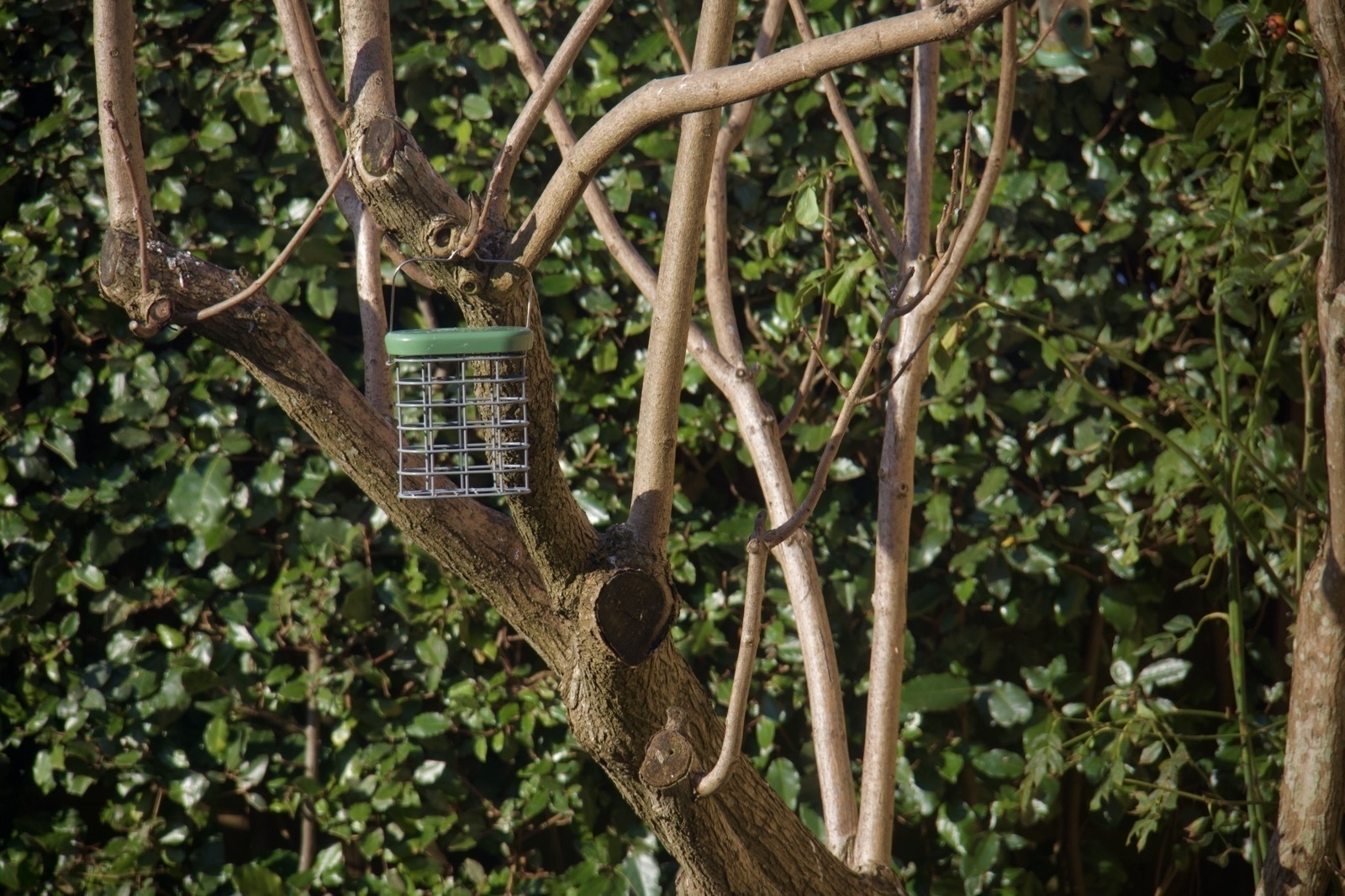Attention economy
Brits: Adventurous Ink, a great book club that sends you books on nature, adventure - and reconnecting with each other and reclaiming our attention — has a relaunch Kickstarter that’s struggling to meet its target.
Please do check it out, and consider backing.
Substack launched Notes to steal attention from Twitter.
It succeeded. Right now, I bet they’re regretting that.
I think Bluesky is the first social network I’ve not been able to get onto. Not been able to wangle an invite anywhere, and still stuck in the invite queue.
The real danger for them, is that I increasingly don’t care - and it’s literally part of my job to be paying attention to these things.
These two muppets are amongst the richest people on the planet, with a global impact on human relationships. And then they do this.
It is very odd and sad to see the life and death of a young journalist you used to chat with at journalism events in London, become the centre of such a story — and now a documentary. But Lyra certainly deserved the attention. I wish the price of it hadn’t been her death.
I sincerely hope that the focus Long Covid has brought to post-viral syndromes will be extended much further than just this one virus. This field hasn’t been given nearly enough attention for decades.
This is a really good defence of RSS as the basis of podcasting.
If you’re involved with podcasting, you need to understand this. Without RSS, big companies can start locking up the medium.
Here’s the posts that caught your attention on my site in 2021.
Happy New Year to you all!
Life is too short to gift attention to unpleasant people
Something I should have worked out 30 years ago:
If someone whose work you like and enjoy turns out to be a complete tosser, let them and their work go. There are many lovely people out there doing great work who deserve your attention and money instead.
From a famous humorist who was the very first person who was just brutally unpleasant to me in my journalism career, to a former co-author who decided to interpret everything in bad faith, a lot of people have contributed to this insight. But now I’ve had it — and been using it for the past year or so — my world is a happier place.
New Year, New Lens
One of my joys during this year of lockdowns and restrictions has been rediscovering photography with a camera, rather than a phone. My trusty Canon M50 has seen a serious workout, as I’ve turned my daily walks into an opportunity to really focus on and capture the peninsula where I live.
I hadn’t been paying much attention to the development of Canon’s M-series of mirrorless cameras over the last few years, but I was becoming slightly frustrated that, with my lens set, I couldn’t easily capture most things with one lens. And when you’re out walking with two children, on the beach, in windy conditions, lens swapping is not always an option.
And so, I was delighted to find out that there was now an 18 to 150mm lens that would be perfect as an all day lens. But I was less delighted to find out that it sells for nearly £400 — which was more than I can justify right now.
However, after a couple of weeks eBaying old camera kit I no longer use, I had both more shelf space, and enough money in my PayPal account to pick up a second hand lens on eBay.
Here are two photos, taken from exactly the same spot, at the extreme edges of its range:
18mm

150mm

This is great. I’m really looking forwards to putting it through its paces on our daily walk today.
There’s a good reason we should temper the current Substack enthusiasm in journalism circles with a little caution. It wouldn’t take much for the newsletter platform to reinvent itself as an attention gatekeeper.
And there’s VCs lurking the background, wanting their payday…
15 years on, journalists are still talking nonsense about blogs
This person has no idea what they are talking about:
The reason no one talks about “blogging” anymore is that, for what blogs were good at — sending your personal views on the news (or some other topic) to a dedicated audience — other tools offered simpler, more effective tools for doing just that, most notably social networks. Why go through the trouble of setting up your own blog and slogging through a cumbersome back-end CMS when you can just create an account on Twitter and start sharing hot takes in a couple of minutes?
Well, here’s an hack who clearly has it paid any attention to what’s happening in blogging right now.
Plenty of people talk about blogs and blogging. Just not in politics and news journalism. Go and have a look at fashion, and it’s a different story.
It makes it hard for me to take the rest of the story seriously, though.
This is an absolutely fantastic essay on how fragile the cultural works created on the web have become, through the lens of the late Clive James’s website: Internet Amnesia.
How much more vulnerable is all that creativity locked away in the big social platforms?
Rob Beschizza: Study: Facebook quitters report more life satisfaction, less depression and anxiety
Not a surprise. I nearly joked that it could prove to be the mental health equivalent of smoking - and then realised that was no joke.
The scam of pseudo-attention metrics
Part of the scam is that the pyramid scheme of attention will somehow pay off for a lot of people. It won’t. It can’t. The math doesn’t hold up. Someone is going to win a lottery, but it probably won’t be us. And a bigger part is that the things you need to do to be popular (the only metric the platforms share) aren’t the things you’d be doing if you were trying to be effective, or grounded, or proud of the work you’re doing.
Mean
Yes, I know that this was yesterday’s prompt, but I didn’t get to it (even though I posted other things) and I did have something I wanted to say:
One thing I try not to be on the internet these days is mean. But it is an effort. I’m good at the snark. I can bring the snark. Some people encourage me to let the snark run free.
Sometime the snark is deserved. I retain the right to be snarky about Zuckerberg and the FaceBorg.
But I don’t think it’s good for me, or the state of discourse on the internet. I don’t think it makes me feel good about myself. It brings me attention, but it’s not attention I value.
10 years ago, I had a long drive to Sutton every morning for work. The one way I could guarantee I’d arrive in a good mood was to go out of my way to be courteous to other road users.
I feel the same way about the internet. Let’s not turn social media into a secondary school environment where the meanest win. Be helpful. Be useful. Don’t associate with those who aren’t.
Be better.
Serfing USA
Jeremiah Owyang : Chances are, you’re probably a serf.:
To modernize the last word of Mikhail Aleksandrovich Bakunin’s famed quote; “In antiquity, slaves were, in all honesty, called slaves. In the middle ages, they took the name of serfs. Nowadays they are called users.”
Trapped in the attention farm
Ever notice that mostly what people post on Twitter is designed to get attention for the author. I think that’s due to the award incentive of the system. Flow == more followers == power and prestige.
Yes. It’s the big and dangerous trap of Twitter, especially for journalists. Twitter increasingly rewards attention-seeking behaviour, rather than useful behaviour.
Online community dynamics change as the membership grows. In particular, most networks require increasing attention-seeking behaviour in order to get any attention at all.
